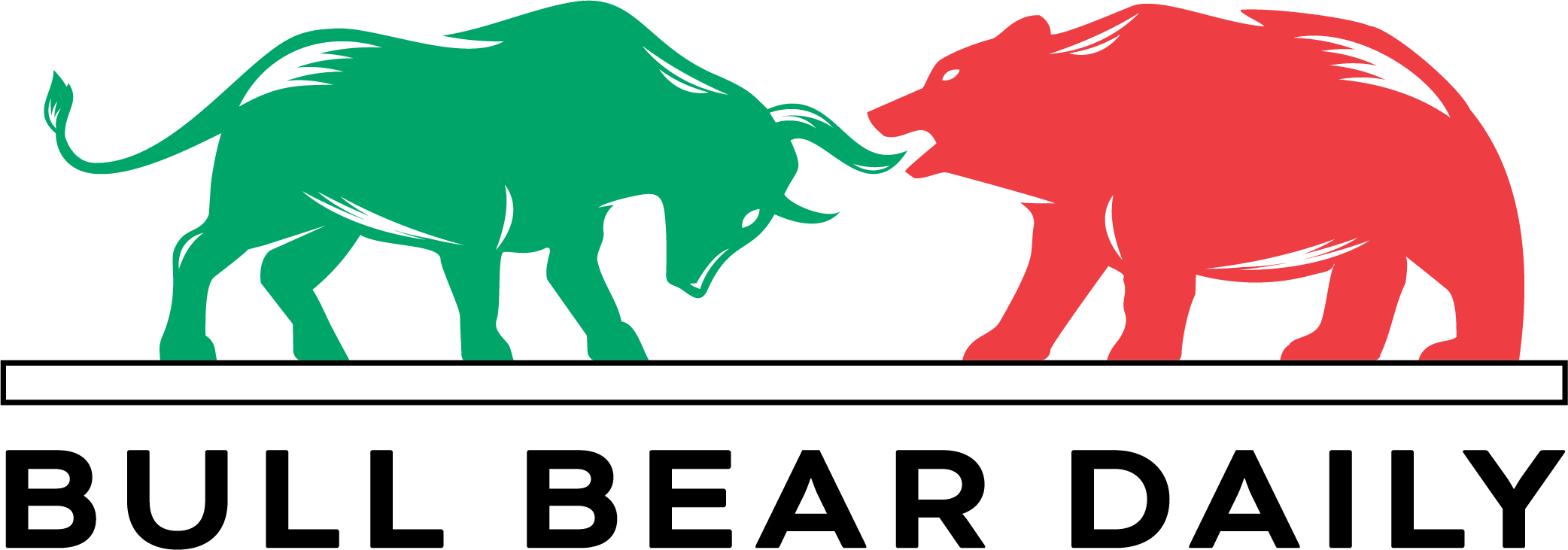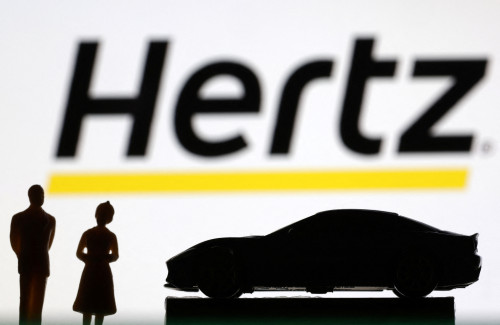
By Tom Polansek and Juveria Tabassum
(Reuters) – Smithfield Foods does not plan to close more U.S. pork processing plants, Chief Executive Shane Smith said on Tuesday, as the company returned to a U.S. exchange after more than a decade in a spinoff by Hong Kong-based WH Group.
The biggest U.S. pork processor also is paying close attention to trade and immigration policy changes under U.S. President Donald Trump as it exports pork and relies on a diverse group of meatpacking workers, Smith said in an interview.
WH Group, the world’s largest pork producer, spun off Smithfield as Trump has threatened tariffs on imports from major pork consumers, including China and Mexico, that could trigger retaliatory duties that hurt U.S. agricultural exports.
Smithfield was valued at $8.1 billion after its shares ticked up in a muted debut.
Before the listing, the company carved out its European business, ended contracts with some U.S. hog farms and shut a California pork plant in recent years.
“We believe that really the heavy lifting is done,” Smith said. “This next phase will be focused on growth.”
U.S. farmers, who deliver hogs to processing plants, and slaughterhouse workers have been on edge about the risk for further plant closures.
Smithfield closed a plant in Vernon, California, and another in Charlotte, North Carolina, in 2023. It also stopped slaughtering pigs at its hometown plant in Smithfield, Virginia, in 2021.
The company is not alone: Tyson Foods shut an Iowa pork plant last year, and has closed U.S. poultry plants with thousands of workers.
“I think the hog supply is relatively well balanced for that shackle space,” Smith said.
Smithfield looks to use more of its fresh pork in its packaged meats business to reduce its exposure to export markets, Smith said. It can also redirect offal products, such as kidneys or stomachs, to U.S. pet food companies from China, a major buyer, he added.
Export sales represented 13% of Smithfield’s total sales for the nine months ended Sept. 29, according to a regulatory filing.
“If there are further tariff escalations that make those markets that we go to with that product not attractive, we always think about it in the terms of the next best sale,” Smith said.
Trump has also kicked off a sweeping immigration crackdown. More than half of all U.S. meatpacking workers are immigrants, compared with about 17% of the entire workforce, according to the Center for Economic and Policy Research, a think tank.
(Reporting by Tom Polansek and Juveria Tabassum; Editing by Richard Chang)







